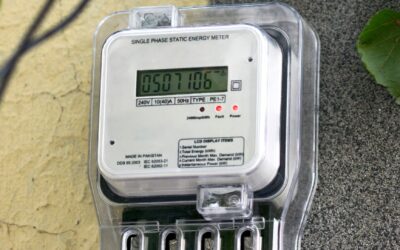Centre Cracks Down on Medicine Prices: Pharma Companies Told to Revise MRPs

With GST reduced on essential medicines from September 22, the Centre directs manufacturers to pass on the benefit to patients immediately.
Bhubaneswar : The Central Government has issued a directive to pharmaceutical and medical device manufacturers to promptly revise the Maximum Retail Price (MRP) of their products in line with the recent Goods and Services Tax (GST) reductions. The move, effective from September 22, aims to ensure that patients and consumers directly benefit from lower tax rates on essential medicines and healthcare supplies.
According to the National Pharmaceutical Pricing Authority (NPPA), manufacturers must issue a revised or supplementary price list reflecting the updated GST rates and corresponding MRPs. These updated price lists are to be shared with dealers, retailers, state drug controllers, and the government. NPPA has stressed that the benefits of GST rate cuts must reach end-users without delay.
The Ministry of Chemicals and Fertilizers, under which the NPPA functions, has further instructed companies to raise awareness about the revised prices through multiple channels, including electronic media, print advertisements, and social media. Pharmaceutical companies and marketing firms have also been told to alert dealers and retailers to implement the changes swiftly.
To prevent supply chain disruptions, the government has clarified that medicines already in the market before September 22 do not need to be recalled, relabeled, or restickered. Instead, companies may adopt alternative measures to ensure revised prices are implemented at the retail level. Industry associations have been encouraged to publish advertisements in leading national and regional newspapers to notify dealers and retailers about the new rates.
Unlike fast-moving consumer goods (FMCG), pharmaceutical products have specific price control mechanisms, which is why the Ministry has issued a separate notification for this sector.
The changes stem from the 56th meeting of the GST Council, where it was decided to bring down the tax on several critical medicines to zero from the earlier 5 percent slab. Additionally, drugs that were previously taxed at 12 percent have now been moved to the 5 percent bracket. The decision is expected to make essential treatments more affordable and ease the financial burden on patients.
Officials noted that this tax reduction aligns with the government’s broader goal of improving healthcare accessibility. By lowering GST on life-saving and commonly used drugs, the Centre hopes to support families facing high out-of-pocket medical expenses.
Industry experts believe the measure could also help curb unethical pricing practices, as the mandatory MRP revisions will increase transparency across the pharmaceutical supply chain. However, some analysts have raised concerns about the compliance challenges manufacturers may face in revising price lists within such a short timeframe.
The government, meanwhile, has emphasized that strict monitoring will be carried out to ensure companies comply with the directive. Failure to reflect the GST benefit in MRPs could attract penalties under the Drugs (Prices Control) Order and consumer protection laws.
This latest reform comes as part of a broader restructuring of the GST framework, where the Council decided to reduce slabs and simplify taxation. For the pharmaceutical industry, the changes are particularly significant, given the critical role medicines play in everyday healthcare.
With the September 22 deadline approaching, both large and small drug manufacturers are expected to move quickly to comply with the new guidelines. Patients across India may soon see tangible benefits as medicine costs reduce at pharmacies, marking an important milestone in making healthcare more affordable.








